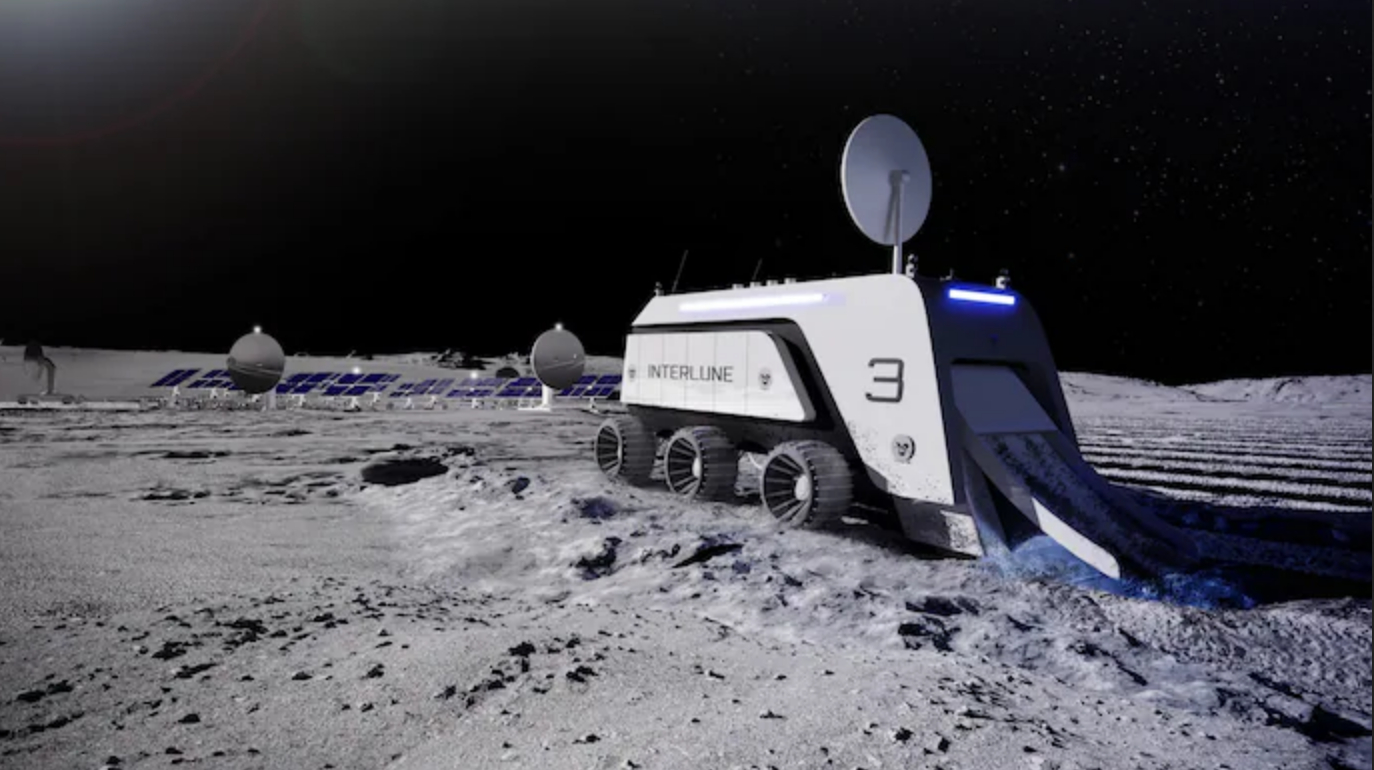Rocket fuels being used today are hypergolic propellant combination, one whose components spontaneously ignite when they come into contact with each other.
The hypergolic fuels are derived from
hydrazine, a highly toxic and unstable compound of hydrogen and nitrogen that
must be handled extremely carefully.
Most satellites orbiting the Earth rely on hypergolic fuel/oxidizer combinations. These are highly combustible fuels that ignite immediately in the presence of an oxidizer since there is no oxygen to support combustion beyond the Earth’s atmosphere.
Now, researchers from McGill University in Montreal, Canada, and the University of Birmingham, UK. have created a new type of solid rocket fuel based on metal-organic frameworks or MOFs that will lead to cleaner, safer, more controllable rockets.
MOFs are made up of clusters of metal ions and an organic molecule called a linker. The research team induced hypergolic behavior in metal-organic frameworks (MOFs) based on zinc, cobalt and cadmium, using acetylene or vinyl substituents as the oxidizers.
Tomislav Friščić, professor at McGill and co-senior author on the paper said “This is a new, cleaner approach to making highly combustible fuels, that are not only significantly safer than those currently in use, but they also respond or combust very quickly, which is an essential quality in rocket fuel,”







